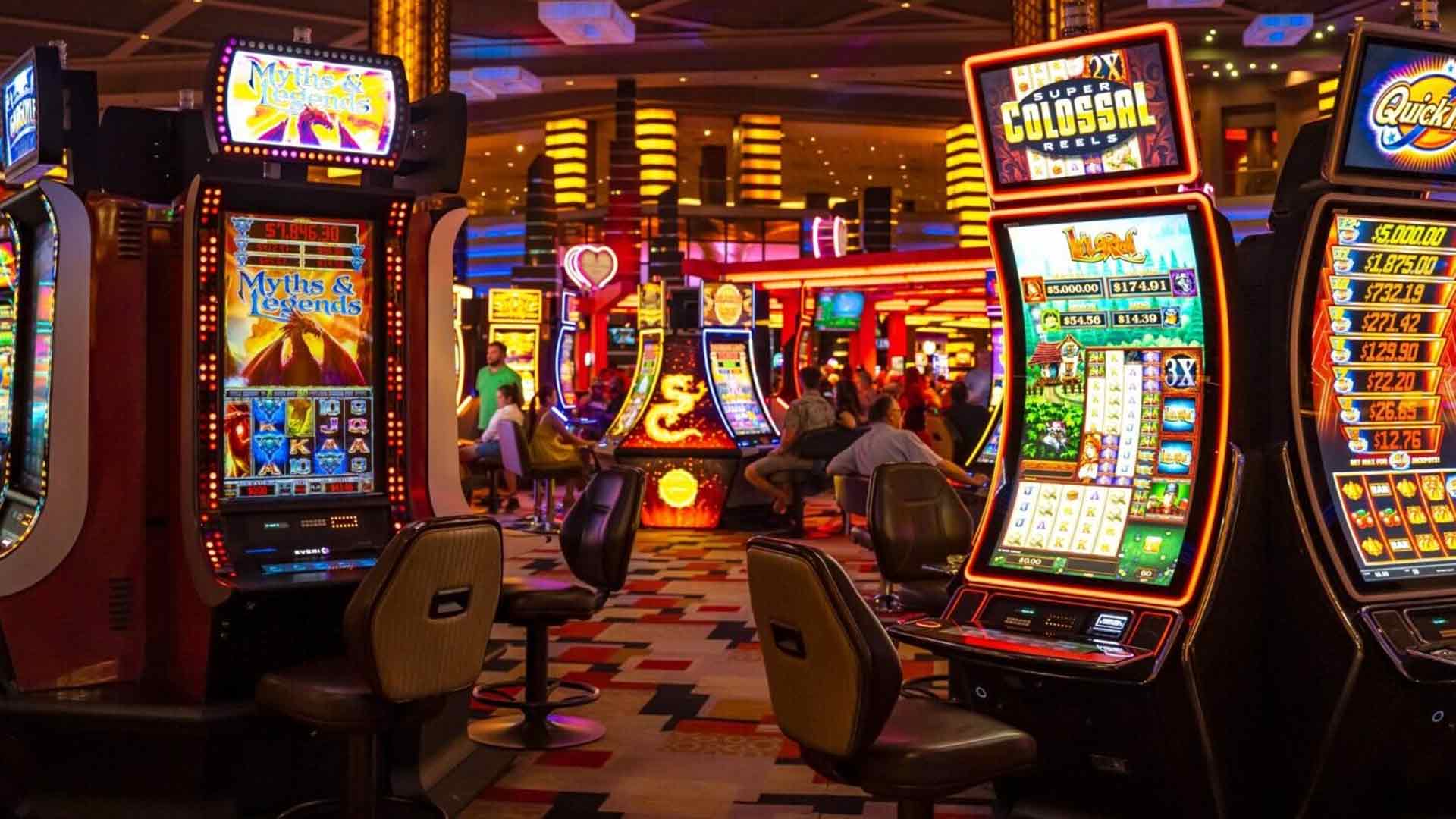The Impact of Casinos on Local Economies
The Impact of Casinos on Local Economies
The debate surrounding the introduction of a casino into a community is often charged with strong opinions on both sides. Proponents herald them as powerful engines of economic growth, capable of revitalizing struggling areas, while opponents raise concerns about potential social and economic downsides. The true impact of casinos on local economies is a complex issue, weaving together significant benefits with notable challenges. Understanding this multifaceted relationship is crucial for any community considering the roll of the dice on a gambling establishment.
The Positive Economic Ripple Effect
One of the most compelling arguments for casinos is their potential for substantial economic stimulus. This positive impact is typically seen across three primary areas: job creation, tax revenue, and tourism.
Job Creation: Casinos are labor-intensive operations that create a wide range of employment opportunities. These roles span from high-skilled positions like managers, accountants, and security specialists to entry-level jobs such as dealers, waitstaff, and housekeeping. The construction phase alone can provide a significant, albeit temporary, boost to local employment. Furthermore, the economic impact extends beyond the casino's walls. This direct employment creates a ripple effect, supporting indirect jobs in sectors like food supply, laundry services, and maintenance, thereby lowering local unemployment rates.
Tax Revenue Generation: For local and state governments, the tax revenue from casinos can be a game-changer. Gambling winnings, property taxes, and licensing fees generate a steady stream of income that can be used to fund vital public services. This new revenue can be allocated to improving schools, repairing infrastructure like roads and bridges, and bolstering funding for police and fire departments. In many regions, this financial injection provides a much-needed alternative to raising property or sales taxes on residents.
Boost to Tourism and Local Businesses: A well-marketed casino can act as a major tourist destination, drawing visitors from outside the region. These tourists spend money not only within the casino but also at local hotels, restaurants, retail shops, and other attractions. This influx of external cash is vital for a healthy local economy, as it represents new money entering the community rather than just recirculating existing funds. This symbiotic relationship can lead to a boom in the local hospitality industry and overall economic development.
The Other Side of the Coin: Potential Negative Impacts
Despite the clear benefits, the economic impact of casinos is not universally positive. Communities must also consider the potential downsides that can accompany the introduction of gambling.
Social and Economic Costs: A significant concern is the potential for increased social problems, such as gambling addiction. These issues come with their own economic costs, including the need for increased funding for addiction treatment services and social support programs. Some studies also suggest a correlation between the presence of a casino and a rise in certain types of crime, which can strain local law enforcement resources and budgets.
Market Cannibalization: Another risk is that a casino might not attract new spending but rather divert it from other local businesses. Residents may choose to spend their disposable income on gambling instead of at local restaurants, movie theaters, or retail stores. This phenomenon, known as market cannibalization, means the casino’s gains come at the expense of other local enterprises, resulting in a net-zero or even negative impact on the overall local economy.
The Rise of Online Alternatives: The modern gambling landscape is also changing. The economic model of a physical casino is increasingly being challenged by the convenience and accessibility of online gaming. Players now have countless options at their fingertips, from sports betting to sophisticated live dealer games. A well-regarded online platform like a casino m88 can offer a comprehensive gaming experience without the need for a physical visit. This global competition means local brick-and-mortar casinos must work harder than ever to prove their unique value proposition to both tourists and locals.
Conclusion: A Calculated Gamble
Ultimately, the impact of casinos on local economies is not a simple story of boom or bust. The outcome depends heavily on careful planning, strong regulation, and strategic integration with the existing local economy. When managed effectively, a casino can be a powerful catalyst for job growth, tax revenue, and tourism. However, without mitigating the potential social costs and risks of market cannibalization, the economic benefits can be quickly undermined. For any community, the decision to welcome a casino is a calculated gamble that requires a clear understanding of both the potential jackpot and the inherent risks.
tag: M88,



